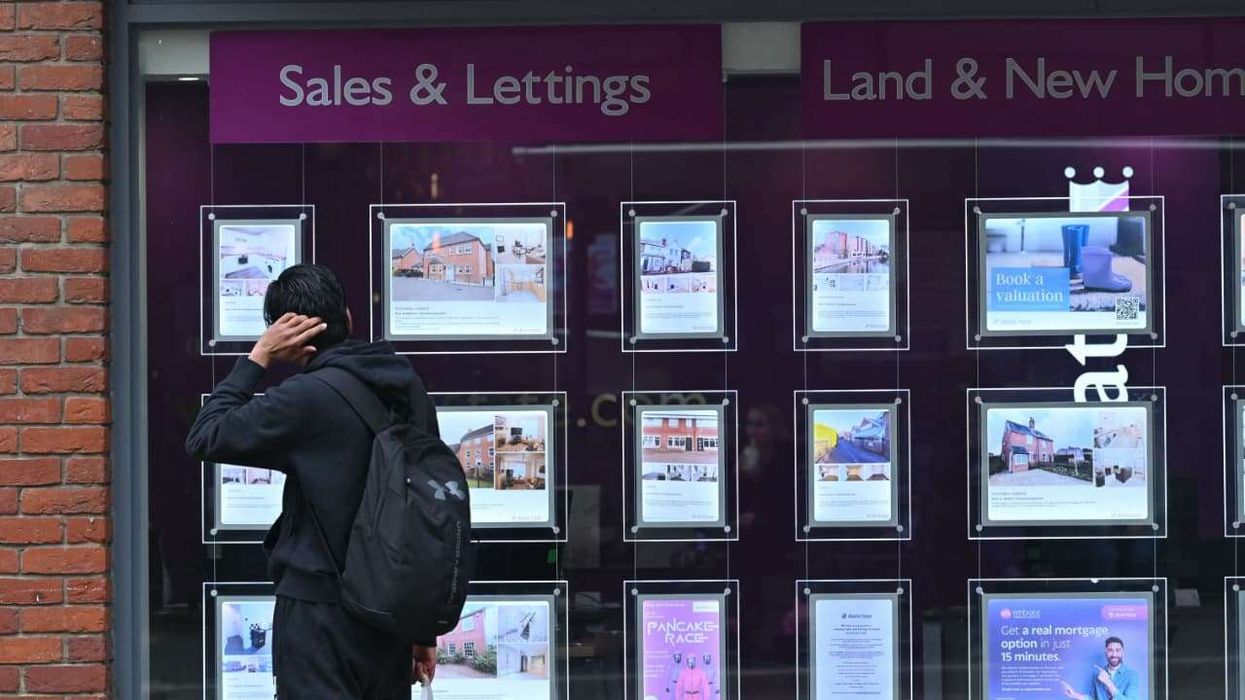Highlights
- Kirstie Allsopp tells MPs that stamp duty punishes buyers and should be abolished.
- 40 per cent of first-time buyers now face stamp duty, rising to 80 per cent in London.
- Treasury considering annual property tax on homes worth over £500,000 as alternative.
Chancellor Rachel Reeves is facing mounting pressure to abolish stamp duty ahead of the November (26) budget, with property experts warning that the tax is stalling the housing market and damaging economic growth.
Television presenter Kirstie Allsopp, known for Channel 4's Location, Location, Location, told the Treasury committee that buyers are 'in a panic' about potential changes and many are 'sitting tight' rather than moving house.
"We have to be very careful not to see buying property as a sin, because at the moment it's a sin tax. It's like cigarettes and alcohol and first-class travel," Allsopp told MPs.
The comments came as Taylor Wimpey, one of Britain's largest housebuilders, reported a drop in autumn sales, blaming budget uncertainty for potential buyers holding back purchases.
Richard Donnell, research director at property website Zoopla, revealed that 40 per cent of first-time buyers looking through the site would now pay stamp duty. In London, that figure jumps to nearly 80 per cent. Their average bill would be £16,000, representing about 3 per cent of the property value.
Alternative tax proposals
Tim Leunig, director of economics at Public First Consulting and former adviser to several ministers including Rishi Sunak, went further. He pointed that every single person in the country is a loser from stamp duty land tax because it restricts people from moving. The people who are the biggest losers are genuinely young people because they move more often.
However, Leunig cautioned that simply abolishing stamp duty would likely drive up house prices, particularly in London. Instead, he has proposed an annual property tax on homes worth above £500,000, with a 0.54 per cent yearly levy on home value and a higher rate for properties exceeding £1 m.
The Guardian revealed in August that the Treasury is considering a new tax on the sale of homes worth more than £500,000 as part of a radical overhaul of stamp duty and council tax.
The debate comes at a critical time for the housing market, with stamp duty currently levied on property purchases above £125,000.





